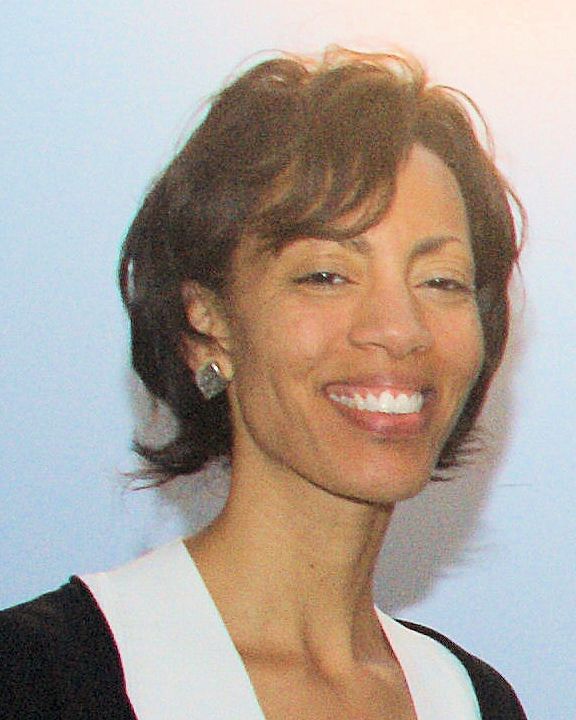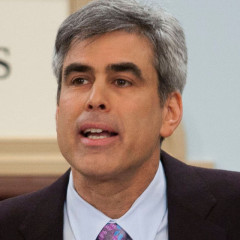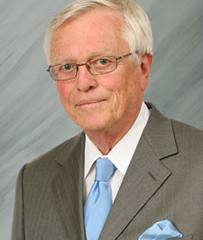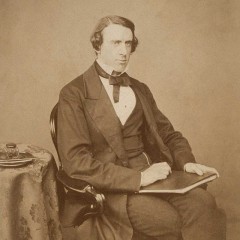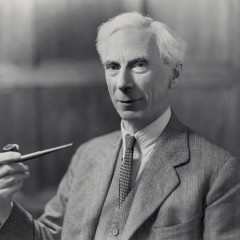A critical look at race and atheism. An answer to the question, “Why was I born?” An atheist response to “day-to-day unhappiness.” Are these perspectives on your bookshelf?
Yesterday, six atheist and Humanist activists, authors, and scholars offered their picks for atheist books beyond the “new atheist” bestsellers that you should add to your summer reading list. Today, six more share their favorite nontheistic book you may have overlooked:
7. Godless Americana by Sikivu Hutchinson
Author Sikivu Hutchinson is at the forefront of exploring the intersections of race and atheism in America and building communities for African-American nonbelievers. Her 2013 essay collection Godless Americana: Race and Religious Rebels calls on us all to critically examine how our Humanism can be both our inspiration to resist structural racism and colorism, and can also limit our ability to look across lines of racial and religious difference. Her unique vision for social justice is imminently necessary not only for atheists in African-American communities, but for all of us seeking communities that reinforce a cultural heritage and spiritual fellowship. It inspires the sort of reflection we could all stand to engage more often. —Walker Bristol, Values in Action intern at the Humanist Community at Harvard and first year Master of Divinity candidate | @WalkerBristol
8. The Righteous Mind by Jonathan Haidt
The Righteous Mind draws together the best scientific research about how human beings make moral decisions. Surprise: We usually decide intuitively, then search for reasons to back up our conclusions, which led me to re-think the way I discuss religion with believers. You’ll learn why some Americans routinely vote against their self-interest, as well as several bases for atheistic morality. Haidt’s exploration of evolutionary processes and cross-cultural influences helped me better understand why people behave differently, a valuable skill especially for atheists who live among others who often instinctively devalue our contributions. —Mary Johnson, author, former nun, and Humanist activist | @_MaryJohnson
9. Why Was I Born? by Lyle Simpson
Why Was I Born? explores the psychology underlying religious belief, through the prism of Abraham Maslow’s “Hierarchy of Needs” and the Meyer-Briggs personality typology. Rejecting the easy answers of our society, Simpson discusses some of the value of not drifting into anti-theism and addresses profound questions like “Why are We Here?”, “How Do We Face Our Own Death?”, “Why Do We Need Others?”, and “How Do We Make Our Lives Significant?” from a humanist psychological standpoint—making vastly more sense than anyone who tries to answer these questions through religious traditions. —Roy Speckhardt, Executive Director of American Humanist Association | @rspeckhardt
10. An Agnostic’s Apology by Leslie Stephen
Leslie Stephen went to Cambridge University to become an Anglican clergyman in the 1850’s. In 1865, after visiting a Civil War-ravaged United States, he renounced religion and became a semi-professional agnostic. He was an editor, a journalist and a naturalist. He was at the center of London intellectualism, educating his daughter, Virginia Woolf, from his library and in his footsteps. In 1897, he published An Agnostic’s Apology, a rigorous and fantastic outline of being a thinking person in a world shrouded in religious belief. And it makes 1897 feel not that long ago. —Vanessa Zoltan, Chief of Staff at the Humanist Community at Harvard | @vanessamzoltan
11. Conquest of Happiness by Bertrand Russell
Conquest of Happiness has sat well used on my nightstand for the past couple of years. In it, Russell attempts to philosophize his way through the origins of, and some potential solutions to, what he calls “day-to-day unhappiness.” Through dry humor and precise reasoning, Russell gives pragmatic but philosophically grounded advice about how to tackle 21st century mundane sadness. Being an atheist, he pays special attention to the issues the nonreligious face in establishing a robust sense of happiness in their life. (As a warning: It was written in 1930, and unsurprisingly there are some problematic elements, particularly how he describes developing nations and indigenous peoples.) —Adam Garner, Mission Delivery Associate at Interfaith Youth Core | @garntastic
12. Toward a Sociology of Irreligion by Colin Campbell
For anyone tired of books that are content simply to consider atheism as a philosophical position or as the thing that’s left when you’re able to jettison the beliefs and conventions of religion, this book is for you. Atheism isn’t just a philosophy; it’s a social phenomenon with its own particular history and organizational dynamics. Toward a Sociology of Irreligion has become a touchstone for scholars of irreligion but its importance transcends academia. This readable and concise volume is part history of organized freethought and part meditation on how and why irreligion thrives and dwindles in different places and times. —Marcus Mann, scholar of contemporary atheist social movements and PhD student in sociology at Duke University | @MannMarcus
What books would you add to this list? What do you think of the books listed? Please share your recommendations in the comments, and don’t forget to check out part one of this list!
